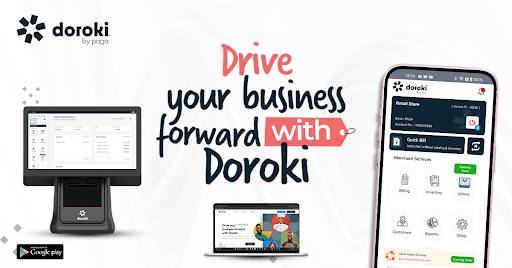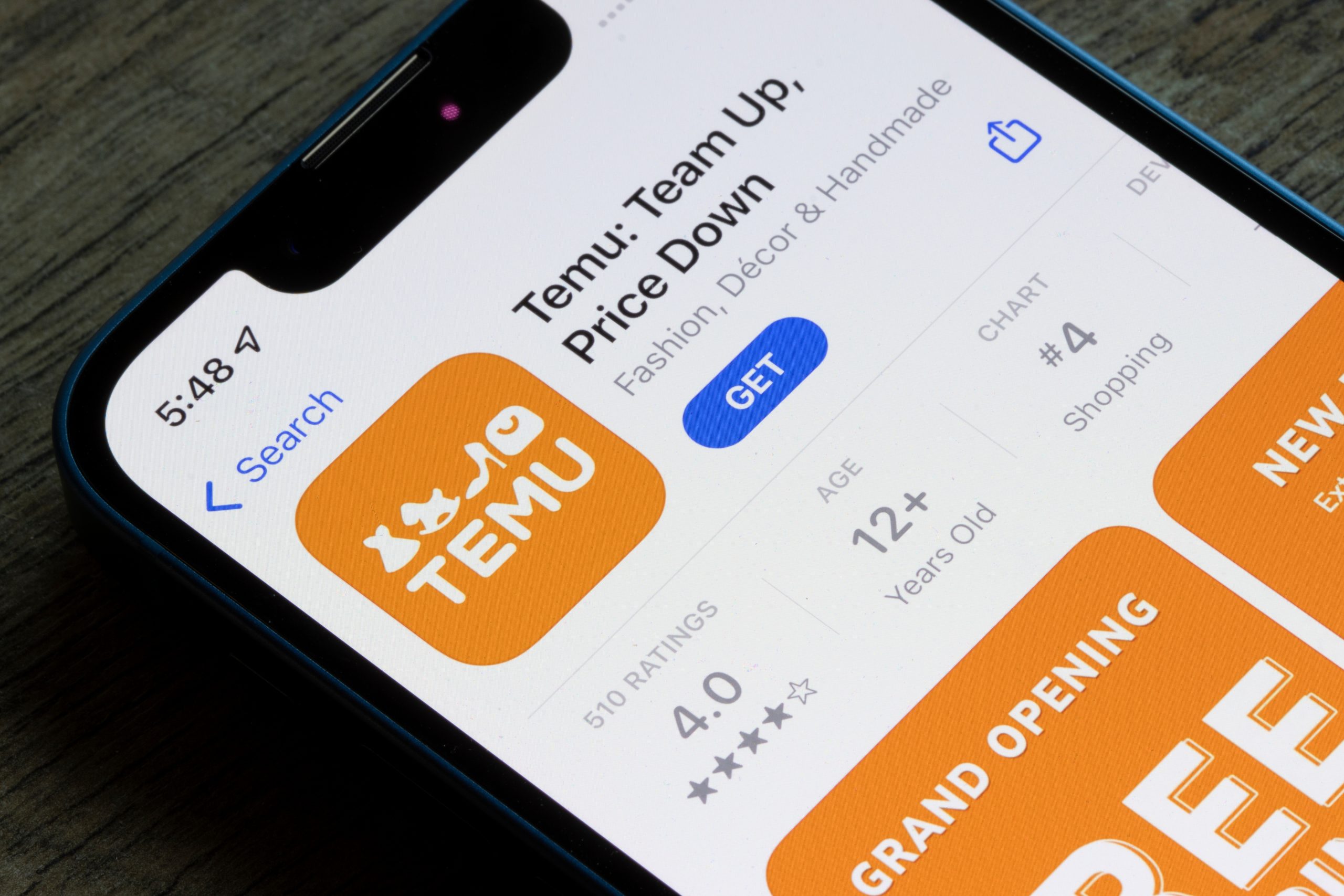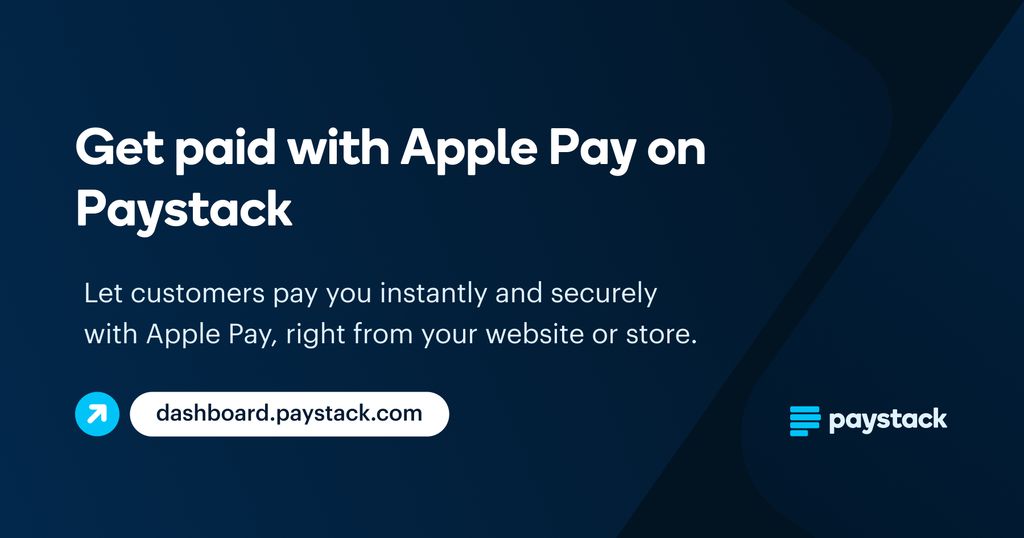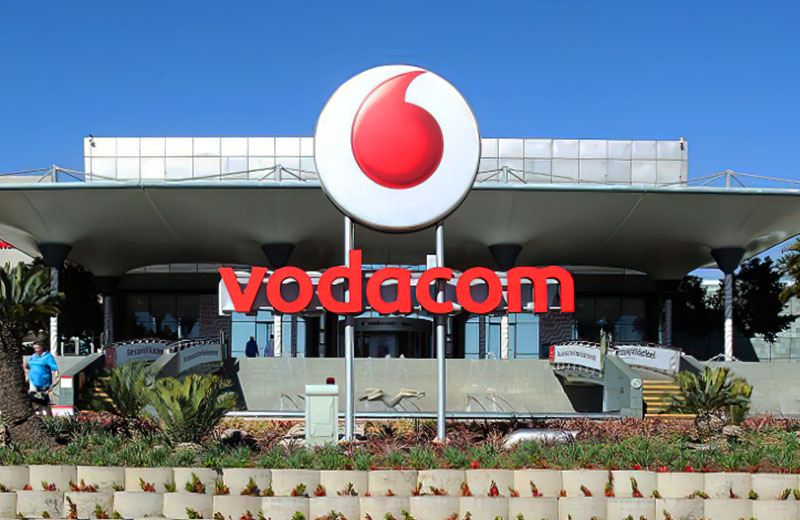
Happy mid-week. 
How has your week been?
If you think you can escape capitalism, ask Rishi Sunak, the former prime minister of the United Kingdom, who just took a job as a senior adviser at Goldman Sachs after serving as prime minister for about two years. Yeah, even prime ministers have LinkedIn updates. Capitalism always wins!

- Kuda relaunches remittance product
- Roqqu expands into Kenya with Flitaa acquisition
- Temu sets up a warehouse in South Africa
- CompCom strikes a deal with Maziv and Vodacom
- World Wide Web 3
- Opportunities
Fintech
Kuda is back in the remittance game after processing $9.3 billion in Q1 2025

Three years after shoving its remittance product, Kuda is giving it another chance.
The new version of its remittance product is a multi-currency wallet built within the app that allows for users outside Nigeria to send money home—no third parties. It’s the kind of infrastructure you build when you have enough volume to justify it. And Kuda does. In Q1 2025, the company processed over 300 million transactions worth $9.3 billion and issued $10.7 million in overdrafts—a 43% growth from last time. It raised $20 million at a $500 million valuation and now pulls in enough volume from both retail and business users to support more ambitious plays.
ICYMI: Kuda first tried out remittances in 2022 and relied heavily on intermediaries, which weakened their margins.
Even though the neobank is still taking hits on some products, Kuda is operating with a positive net margin between 3% and 7%. Relaunching remittances now is a signal that the economics finally work.
Still, the remittance market has only gotten more crowded. LemFi, Nala, Moniepoint and even legacy players like Western Union and WorldRemit are fighting for the same diaspora wallets. Kuda’s bet? One app, fewer taps and a clean UX.
Zoom out: Now that it has another shot, Kuda has no intermediaries to blame and no margin excuses to lean on. The infrastructure is in place, the users are still here and they hope that this time, the silence after the launch better not be another quiet exit.
Paying 2% or more on every transaction adds up fast.

For businesses in e-commerce, logistics, travel, fintech, and more, every naira counts. Fincra helps you save more with 1% NGN fees capped at ₦300. Ideal for high-value or high-volume transactions. Get started for free with just your email address!
Cryptocurrency
Roqqu acquires crypto startup Flitaa, marking its entry into East Africa

Consolidations are rare in Africa’s tech ecosystem. In the crypto sector, it’s worse; it’s like looking for a needle in a haystack.
Why? Crypto in Africa, like most growth sectors, is still an emerging market. So when rare consolidation deals happen, we turn our heads to ask if it is the maturity sign we’ve been looking for. The Roqqu deal made us ask that question again.
On July 8, we reported that Roqqu, a Nigerian crypto company, acquired Flitaa, another startup with majority of its operations in Kenya, in what was the first publicly disclosed intra-African consolidation.
With Flitaa, Roqqu will enter its first East African market, expanding its footprint on the continent. Under the hood, Roqqu is acquiring a startup that has gained some traction in Kenya and integrated M-Pesa to allow users to move easily between holding crypto and local currency. Roqqu has amassed over 1 million users in Nigeria, and now, it is betting that planting early in newer markets will keep those numbers growing.
In crypto, the name of the game is to acquire users. These startups make money from transaction fees and the exchange rate spreads between buy and sell values. The more users transact crypto, the bigger the revenue potential.
Yet, there’s a perception around market saturation in Nigeria. While it is Africa’s largest crypto market, adoption has been growing slowly in the last two years. Our theory here is that the sector has pulled in users who are patient enough to learn the ropes in a low-trust market like crypto.
The next phase is to attract a new wave of non-crypto native users to the sector; this is why startups are trying to teach people how to “spend crypto like cash.”
Kenya hasn’t hit that tipping point. This is why players are trooping in. With a wave of potential users to entice, East Africa’s hottest crypto hub is about to get hotter.
Drive your business forward with Doroki

Whether you are a retail store, restaurant, pharmacy, supermarket, salon or spa, Doroki helps simplify your operations so you can focus on what matters most: your customers and your growth. Manage your business smarter, start here.
E-commerce
Temu sets up a warehouse in South Africa

Temu is no longer just in your face online. Now it has a warehouse in South Africa.
The Chinese e-commerce giant has launched a local warehouse in South Africa, its boldest move yet since entering the South African market in early 2024.
For users, this means faster shipping, next-day delivery on some items, and under two days for others. But the details are fuzzy.
Temu hasn’t confirmed whether this warehouse stores stock from South African vendors or simply stores imported goods for faster dispatch. It also hasn’t said who’s delivering the items. No local courier names, and no infrastructure breakdown. There are a lot of unknowns. But what we do know is this: Temu is here, on the ground. And it’s not playing small.
State of play: This new setup is a sharp turnaroundfor a platform that wasn’t exactly welcomed with open arms. When Temu and Shein entered the market, local retailers pushed back hard, accusing them of using tax loopholes to undercut everyone else. South Africa’s 20% flat duty on low-value imports let them skip the full 45% clothing tariff. South African Revenue Service (SARS) eventually cracked down, but by then, Temu had gained serious ground.
Unlike platforms like Jumia and Konga, which run their own logistics fleets, Temu is staying lean, relying on third-party couriers. That’s not necessarily a weakness. It’s just a different strategy: move fast, outsource the heavy lifting, and keep costs low. But Temu hits harder. Its ultra-low pricing, paid social media dominance, and gamified shopping tactics make it hard to ignore and harder to beat.
Temu didn’t arrive in Africa quietly. With this warehouse, we may just be seeing the beginning of a more permanent and aggressive rollout.
Accept Apple Pay with Paystack today!

Anyone can get paid globally. With Paystack and Apple Pay, let customers pay you instantly and securely from 60+ countries. Get started here →
Telecoms
South Africa’s Competition Commission strikes a deal with Maziv and Vodacom

After years of regulatory roadblocks, South Africa’s Competition Commission (CompCom) will no longer oppose the controversial merger between fibre group Maziv and Vodacom, South Africa’s second largest telecom operator.
Here’s why it matters: This development could help revive one of the country’s most significant telecom deals. If approved, the deal could speed up fibre rollout and expand affordable broadband services to more South Africans. It could strengthen Vodacom’s position in the fibre market while giving Maziv added capital to expand its fibre network. It also offers a playbook for how big players can win over regulators wary of big mergers.
ICYMI: Vodacom first announced its plan to acquire a 30% stake in Maziv in 2021, hoping to accelerate their fibre expansion plans. In 2022, the Competition Commission feared it would give Vodacom too much control over fibre infrastructure, potentially squeezing out competition.
On recommendation from the Competition Commission, the Competition Tribunal blocked the merger deal in October 2024, stating that it could affect competition between home fibre internet and wireless broadband services.
Now, Vodacom and Maziv have convinced the commission to rethink its stance by making some key commitments: increase investment to expand the fibre network, keep broadband affordable for lower-income households, and put safeguards to prevent unfair market blocking to competitors.
State of play: With the change in stance from the commission, the companies will take their unopposed revised plan to the Competition Appeal Court in July 2025, with hopes of getting a green light for the multi-million dollar deal.
The big picture: If approved, it would bring an end to a near four-year-long regulatory battle. The merger could reshape South Africa’s telecom landscape by enabling Vodacom, a major operator, to strengthen its position in the fibre space. It would also give Maziv access to capital needed to expand its fibre network. If blocked again, it could serve as a defining case that shows how far competition regulators will go to keep big players in check.
Launch Africa’s Next AI Startup. Start at Mest.

IApplications are open for MEST’s fully funded AI Startup Program.
Train with Global Experts | AI – focused | Incubation | Seed Funding Potential |
Apply by August 22 → #MESTAI2026
CRYPTO TRACKER
The World Wide Web3
Source:

|
Coin Name |
Current Value |
Day |
Month |
|---|---|---|---|
| $108,623 |
+ 0.57% |
+ 3.00% |
|
| $2,602 |
+ 2.33% |
+ 4.59% |
|
| $0.09384 |
+ 16.67% |
– 4.93% |
|
| $151.14 |
+ 1.50% |
+ 0.12% |
* Data as of 06.00 AM WAT, July 9, 2025.
Introducing, The Naira Life Conference by Zikoko

This August, the Naira Life Con will bring together wealth builders, entrepreneurs, financial leaders, and everyday Nigerians to share their experiences with earning, managing, and spending money. Think: bold conversations, immersive workshops, and content tracks that hand you a playbook for building real wealth. Get early bird tickets now at 30% off only for a limited time.
Opportunities
- MEST Africa has opened applications for its 2026 AI Startup Programme. The 12-month training and incubation programme will equip West African software developers aged 21–30 with the skills to build scalable AI startups. Selected participants will undergo seven months of hands-on training in Ghana starting January 2026, followed by a four-month incubation for the most promising teams. Applications close August 22, 2025. Apply here.
- Applications are still open for the 2025 FATE Institute Fellowship, a two-year, part-time and virtual programme for experienced Nigerian professionals passionate about entrepreneurship and policy reform. The fellowship is open to candidates with at least 10 years of relevant experience and a completed or ongoing Master’s or PhD in fields like Economics, Law, or Political Science. Fellows will work remotely, contribute to research on Nigeria’s entrepreneurship ecosystem, engage with policymakers, and take part in virtual policy discussions, without needing to leave their current roles. Apply by July 25.
- We’re launching Insights Market Researcher
 , a tool that helps you find and analyse African tech and business data in seconds. Whether you’re looking for startup funding numbers, market trends, or investor activity, it does the digging for you—fast and accurately. Be the first to try it. Join the waitlist.
, a tool that helps you find and analyse African tech and business data in seconds. Whether you’re looking for startup funding numbers, market trends, or investor activity, it does the digging for you—fast and accurately. Be the first to try it. Join the waitlist.

Written by: Opeyemi Kareem, Emmanuel Nwosu, and Ifeoluwa Aigbiniode
Edited by: Faith Omoniyi
Want more of ?
Sign up for our insightful newsletters on the business and economy of tech in Africa.
- The Next Wave: futuristic analysis of the business of tech in Africa.
- TC Scoops: breaking news from
- TNW: Francophone Africa: Insider insights and analysis of Francophone’s tech ecosystem
P:S If you’re often missing TC Daily in your inbox, check your Promotions folder and move any edition of TC Daily from “Promotions” to your “Main” or “Primary” folder and TC Daily will always come to you.













